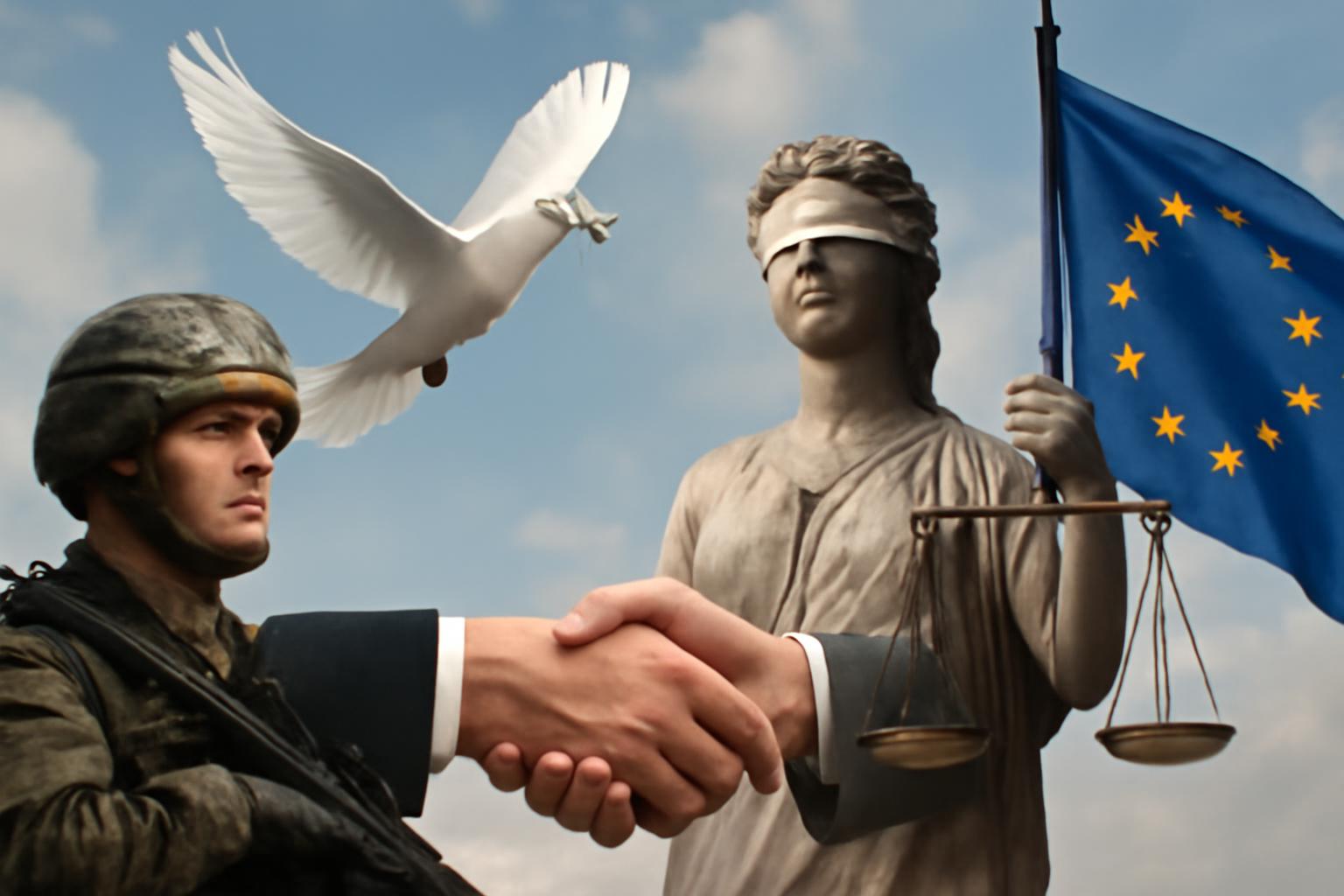What remains after the Washington engagement is a set of unsettled questions rather than a closed deal. Moscow’s posture after the White House encounter was not encouraging, and President Trump continues to act as a go-between for Kyiv and Moscow while offering only vague assurances about Ukraine’s security. He hints that any agreement with Ukraine could be “bought” with weapons purchases, but there is little clarity about what was discussed with President Putin in Alaska or whether Russia made any concrete concessions. The prospect of a three-way summit with Putin and Zelensky is bold, yet current indicators favor delegation-level talks rather than all three leaders at one table, and crucial Russian concessions and the conditions surrounding European sanctions remain unspecified. The ceasefire did not take center stage as a bargaining object, suggesting a reshaped diplomatic table with multiple viable options. Ukraine’s readiness to negotiate is stressed, its leadership posture is strengthened, but Moscow continues to hold the decisive cards, and the signals coming from Russia are not hopeful. European voices, including figures like Merz and Macron, stress unity, yet their leverage over Trump must be sustained to pressure him and to present credible alternatives that might coax Russia back to the negotiating table; otherwise the stalemate on the battlefield could endure.
This portrait reveals more than tactical jitters; it reveals a fundamental misalignment between the aspiration to peace and the way in which power is exercised in the present moment. To see diplomacy as a theater where a single broker can marshal concessions through the mere exchange of weapons is to mistake the nature of social order and the limits of centralized manipulation. The idea that security can be purchased with armaments treats peace as a fungible commodity rather than the outcome of a complex system of incentives, reputation, and credible commitments anchored in law and institutions. It reflects a neglect of the knowledge problem that governs all social coordination: vast, dispersed, tacit information about capabilities, risks, and consequences cannot be gathered by any one person or administration and then perfectly translated into durable arrangements.
A broker who believes he can “buy” concessions by arming allies unsettles the delicate balance between trust and constraint that underwrites peaceful coexistence. Such a stance invites moral hazard, as actors may calculate that deferring hard compromises today is worth the price of future arms sales. Real security, in this view, arises not from the ability of a leader to orchestrate deals through force or incentives but from stable expectations formed by transparent rules, verifiable commitments, and a framework of international cooperation that persists beyond any single personality or administration. The emphasis on a possible three-way summit, the lure of delegation-level talks, and the conditioning of concessions on sanction regimes all reveal a political economy that prefers immediacy over durability, spectacle over substance, and a theory of change that rests on the charisma of a broker rather than on institutions.
Therefore the way forward must be anchored in the revival of dependable, rule-bound cooperation—an order in which European unity and American commitment reinforce a structure of mutual restraint rather than a theater of swift, unilateral maneuvering. That means strengthening credible commitments, clarifying the conditions under which sanctions are warranted and lifted, and fostering resilience in Europe’s own security and energy economics so that external pressure does not become a mere lever for short-term bargaining. It means accepting that diplomacies succeed not by the frequency of summits but by the reliability of expectations: that a given restraint, a verifiable ceasefire, a transparent process of verification, and a shared legal framework can outlive the incidentals of any one administration.
Let us not mistake urgency for effectiveness. The lasting settlement will emerge from the disciplined interplay of institutions, markets, and civil society—where dispersed knowledge is allowed to operate, where incentives are aligned with peaceful order, and where confidence, not coercion, sustains the peace. The hope lies in a patient, principled commitment to law, openness, and the simple, stubborn truth that the most durable arrangements are those that arise spontaneously from the countless voluntary interactions of ordinary people—rather than those that are compelled by a single negotiator’s eloquence or a currency of weapons.
